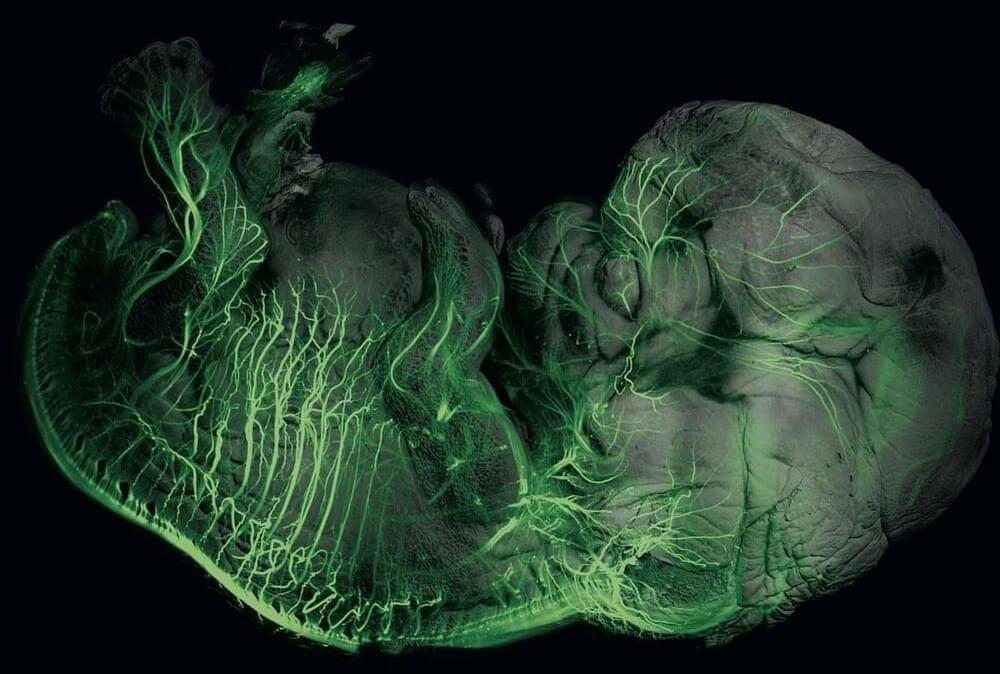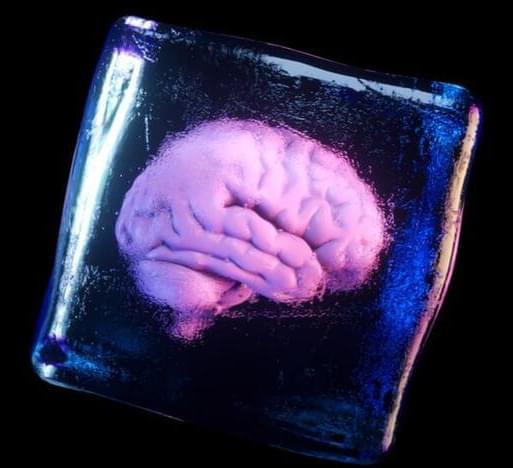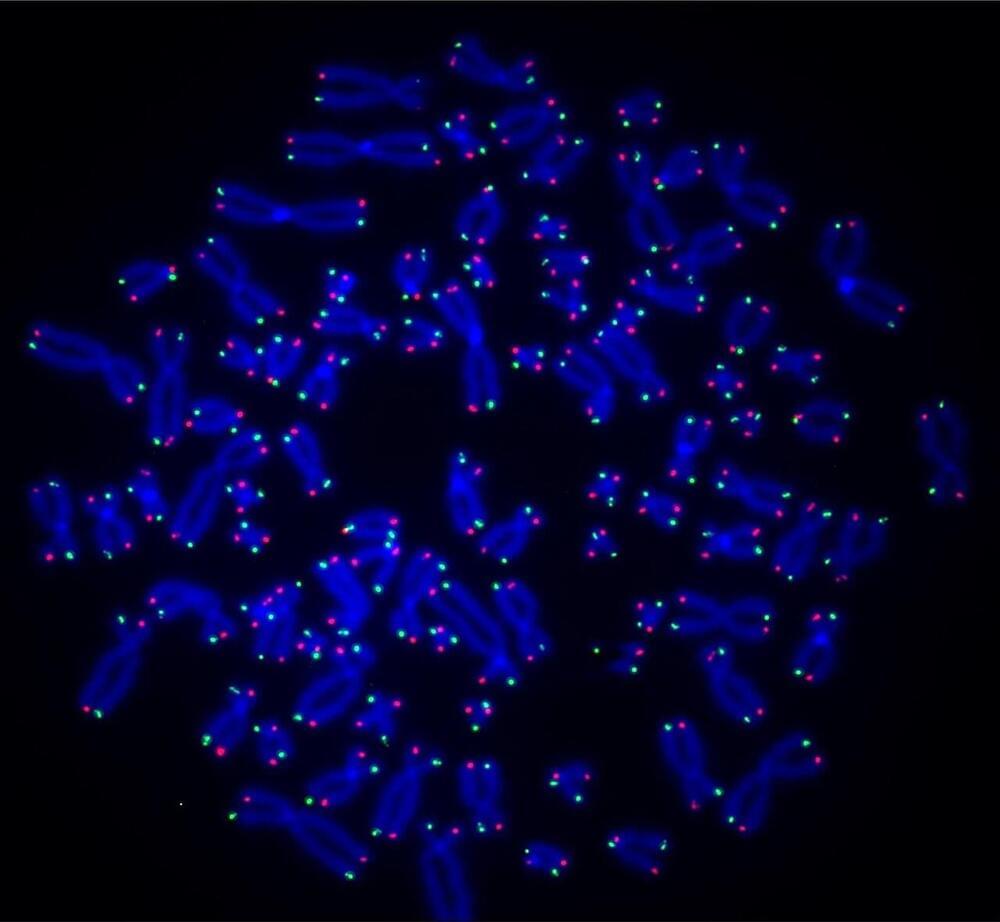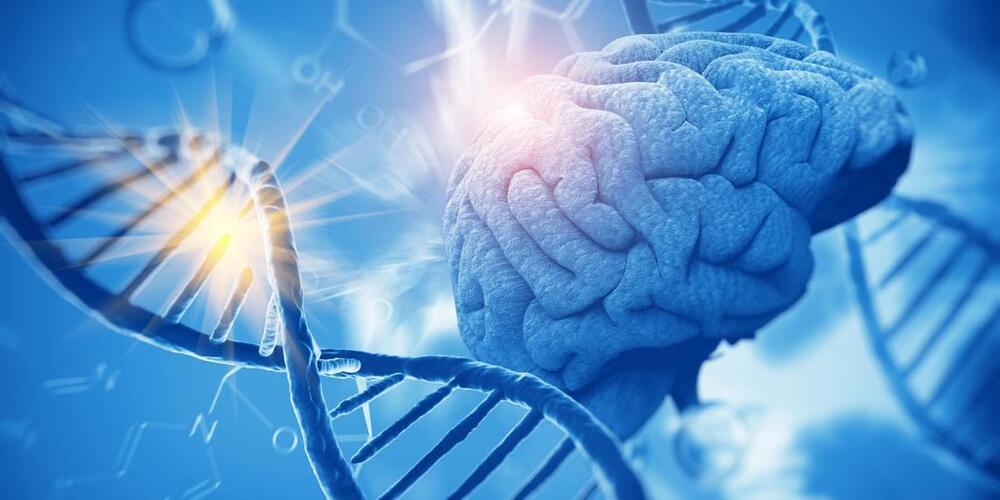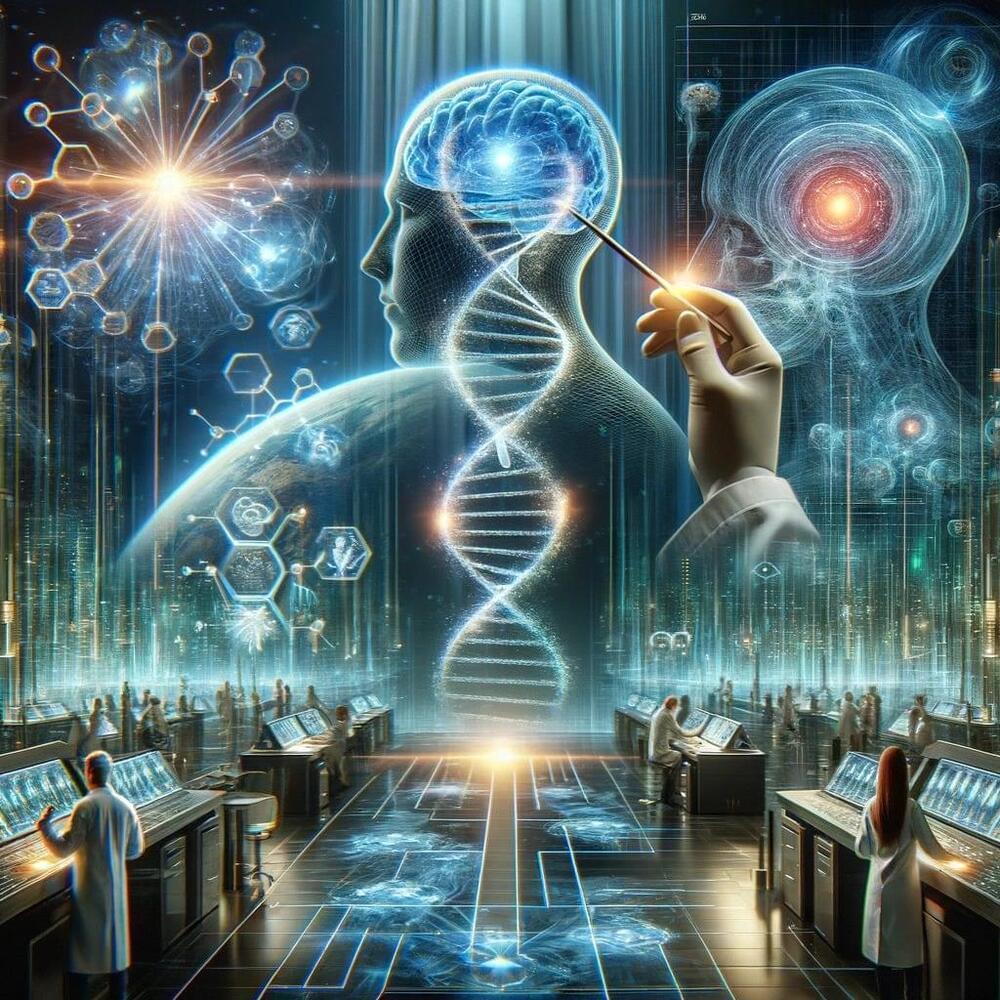Two eggs fertilized by two sperm coincided in a uterus and, instead of giving rise to two sisters, they fused to form a single person: Karen Keegan. When she was 52 years old, this woman from Boston suffered very serious kidney failure, but luckily she had three children willing to donate a kidney to her. The doctors did genetic tests to see which offspring was most compatible and they got a major surprise: the test said that two of them were not her children. The reality was even more astonishing: Karen Keegan had two different DNA sequences, two genomes, depending on the cell you looked at. Biologist Alfonso Martínez Arias maintains that this chimeric woman is conclusive proof that DNA does not define a person’s identity.
The most inspiring science book of all time is The Selfish Gene, according to a survey carried out by the Royal Society of the United Kingdom. In this famous work from 1976, British biologist Richard Dawkins defended that the DNA molecule uses the human being as a mere envelope in order to be transmitted to the next generation and become immortal. “We are survival machines, robot vehicles blindly programmed to preserve the selfish molecules known as genes,” Dawkins stated. Almost half a century later, Martínez Arias refutes this perspective of the selfish gene and proposes a much more romantic alternative: the altruistic cell. “An organism is the work of cells. Genes merely provide materials for their work,” he says in The Master Builder, a fascinating and provocative book from the London publisher Basic Books that will also be published in Spanish this year.
Martínez Arias, 68, argues that the DNA sequence of an individual is not an instruction manual or a construction plan for their body, but a box of tools and materials for the true architect of life: the cell. The Madrid-born biologist argues that there is nothing in the DNA molecule that explains why the heart is located on the left, why there are five fingers on the hand or why twin brothers have different fingerprints. Cells are what “control time and space,” he proclaims. They are the ones who know where right and left are, and where exactly a person’s foot or an elephant’s trunk should end.

